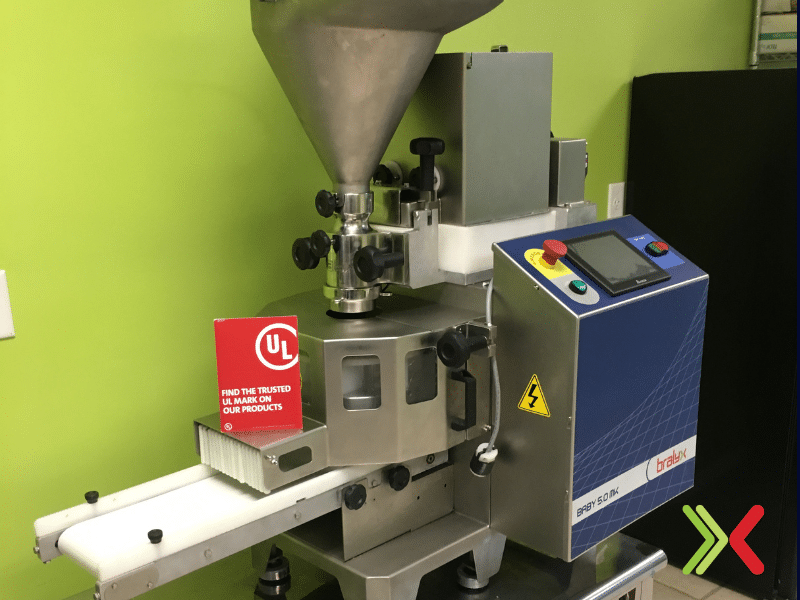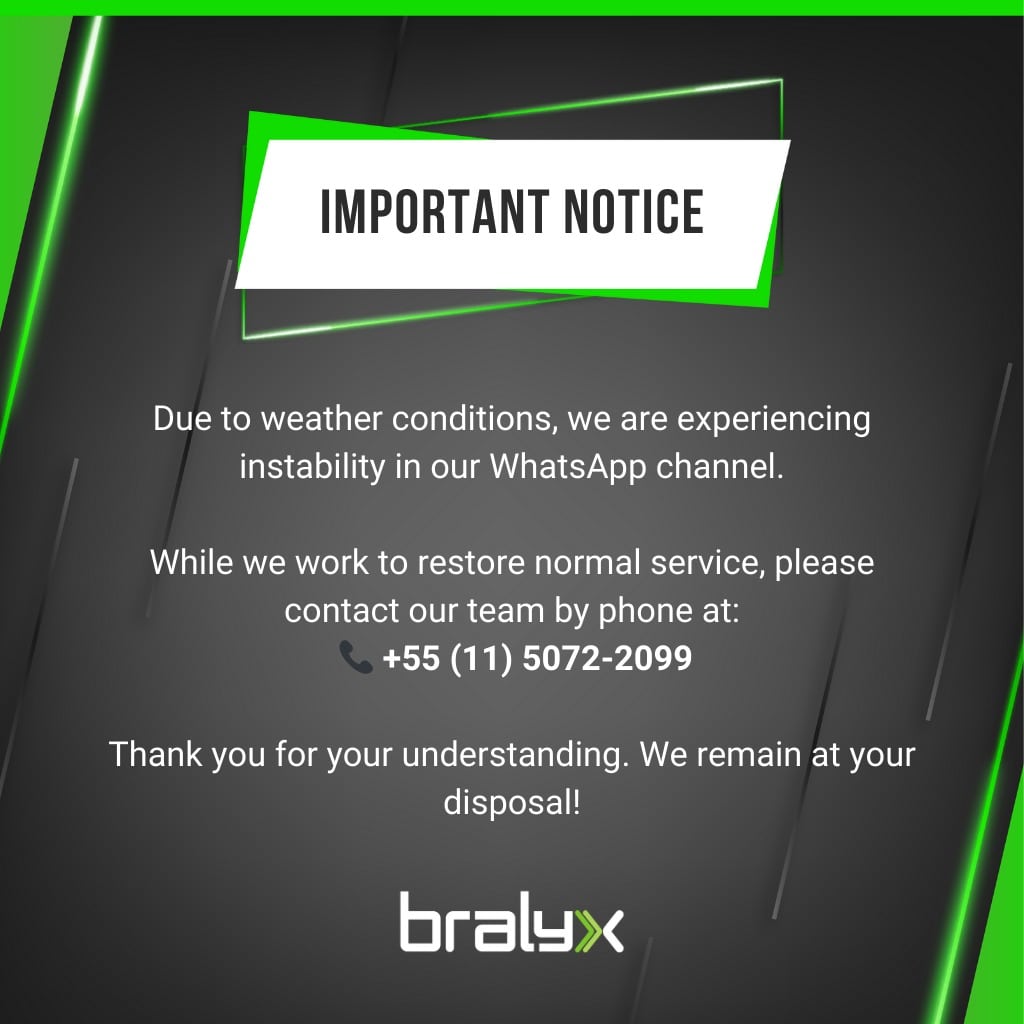
In today’s globalized manufacturing world, industrial machine certification (UL / NEMA / CE) has become more than just a legal requirement—it’s a mark of safety, reliability, and trust. For companies that export to the United States and Europe, meeting these international standards is essential not only to comply with regulations but also to build credibility in competitive markets.
Why Machine Certification Matters in Global Manufacturing
Machine certification is the backbone of international equipment trade. It ensures that every component, system, and electrical circuit has been designed and tested according to strict safety and performance criteria.
For manufacturers like Bralyx, which serve clients across multiple continents, adherence to certifications like UL (Underwriters Laboratories), NEMA (National Electrical Manufacturers Association), and CE (Conformité Européenne) demonstrates an unwavering commitment to safety, durability, and quality.
In addition, certified equipment simplifies import procedures, reduces risk for buyers, and guarantees compatibility with local safety norms—critical factors for food processing industries and automated production lines.
Understanding International Machine Certifications
What is UL Certification?
UL Certification is one of the most recognized safety marks in the United States. Managed by Underwriters Laboratories, it ensures that products meet stringent safety, performance, and quality standards.
For industrial machines, UL testing focuses on electrical integrity, fire prevention, and mechanical safety. A UL mark assures buyers that the equipment has been independently tested and verified according to American standards.
What is NEMA Certification?
The National Electrical Manufacturers Association (NEMA) sets benchmarks for electrical enclosures and control components.
Machines with NEMA-rated enclosures protect internal components from dust, moisture, and corrosion—crucial for food production environments or heavy-duty industries.
A NEMA rating helps determine the level of protection offered, similar to IP (Ingress Protection) codes used in other regions.
What is CE Certification?
The CE marking is mandatory for machines sold in the European Economic Area (EEA).
By placing the CE mark on a product, manufacturers declare that it complies with all EU health, safety, and environmental directives.
In practical terms, CE-certified machines can be freely marketed and operated across the EU without additional testing—making it the passport for European market access.
Benefits of Using Certified Machines
Enhanced Safety and Reliability
Certified machines undergo extensive testing to ensure they operate safely under normal and fault conditions — just like the certified food processing machines from Bralyx designed for global standards.
This reduces the likelihood of electrical hazards, overheating, or mechanical failures, protecting both operators and production facilities.
Global Market Access
UL and NEMA certifications simplify entry into the U.S. market, while CE certification is mandatory for Europe.
Manufacturers that comply with these standards can export smoothly, avoiding customs delays and compliance audits.
Brand Credibility and Customer Trust
Certification labels communicate professionalism and accountability. Buyers can trust that a certified machine meets recognized international standards—an advantage that strengthens the brand image and long-term business relationships.
Comparing UL, NEMA, and CE Certifications
| Certification | Region / Market | Main Focus | Benefits |
|---|---|---|---|
| UL | USA | Product safety and performance testing | Ensures safety compliance for North American markets |
| NEMA | USA | Electrical enclosure and component protection | Guarantees durability and resistance against environmental factors |
| CE | European Union | Health, safety, and environmental compliance | Grants access to all EU countries without additional testing |
Consequences of Non-Compliance
Using non-certified machines can lead to import restrictions, safety incidents, or product recalls.
In some countries, operating uncertified industrial equipment can result in legal penalties and insurance issues. Beyond the financial impact, non-compliance can severely damage a brand’s reputation.
How Bralyx Ensures Compliance in Its Machines
At Bralyx, safety and quality are non-negotiable. Every piece of equipment is designed to meet or exceed international standards, including UL, NEMA, and CE requirements.
This ensures that Bralyx machines are not only efficient and durable but also ready for safe operation in diverse markets—from Brazil to the United States and across Europe.
You can explore Bralyx’s commitment to safety standards at Bralyx Official Website.
Steps to Verify Machine Certification Before Purchase
- Check the Certification Mark: Look for UL, NEMA, or CE marks on the equipment label.
- Request Documentation: Ask the manufacturer for test reports or declaration of conformity — or contact Bralyx technical team for full certification information.
- Verify with Official Databases: UL and CE databases allow you to confirm certification validity.
- Assess Application Needs: Ensure the certification matches your operational environment and voltage requirements.
The Future of Machine Certification in Global Trade
As automation and digitalization evolve, certification standards are expanding to include cybersecurity, smart sensors, and energy efficiency — read more on Bralyx Blog about automation and innovation in food production.
Future industrial machines will not only comply with safety norms but also with data integrity and sustainability standards, paving the way for a smarter and safer manufacturing ecosystem.
Conclusion – Safe, Reliable, and Ready for the World
Choosing equipment with industrial machine certification (UL / NEMA / CE) means choosing safety, quality, and peace of mind.
For manufacturers and investors in the food industry, it’s not just about compliance—it’s about operating confidently in global markets.
At Bralyx, every certified machine represents a commitment to excellence and a promise of safety that reaches beyond borders.
Frequently Asked Questions (FAQs)
No. Each certification applies to specific regions and focuses on different safety and performance aspects.
No. CE applies to Europe, while UL and NEMA are relevant for the U.S. market.
Most certifications remain valid as long as the machine design and components remain unchanged.
Yes. Many global manufacturers seek dual or triple certification (UL + CE) to expand export potential.
While certification may slightly increase production costs, it greatly enhances reliability and reduces liability.
Because they operate near food and heat sources, ensuring compliance reduces contamination and safety risks.

 No products in the cart.
No products in the cart.